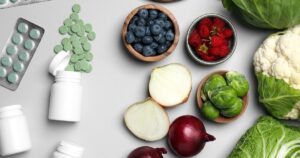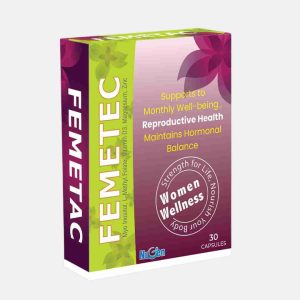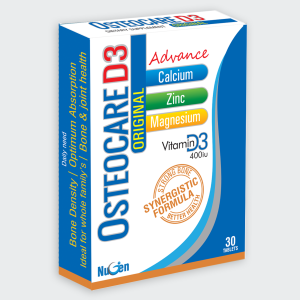11 Vitamin D Rich Foods To Add To Your Diet
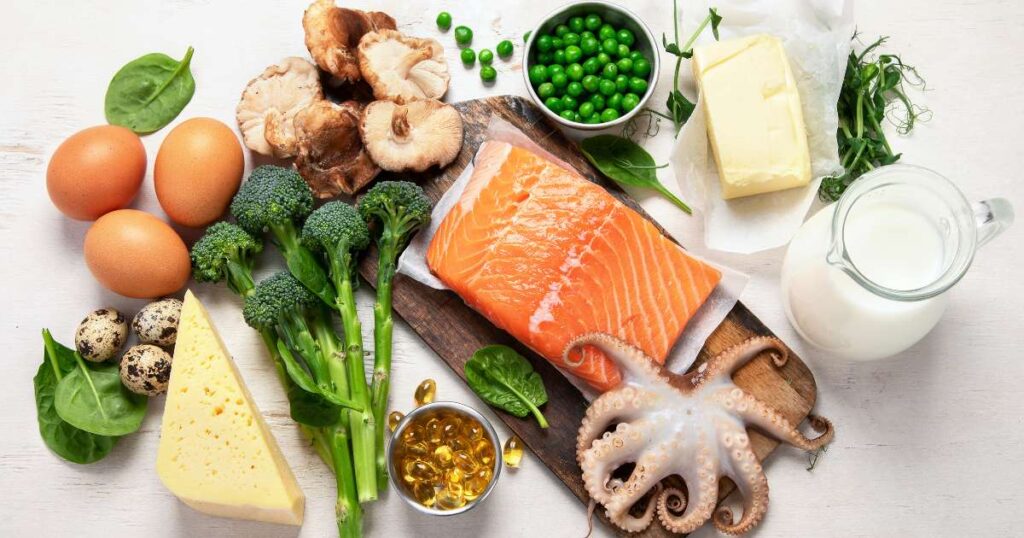
In today’s health-conscious world, prioritizing a balanced diet is paramount for overall well-being. Among the essential nutrients, Vitamin D often takes a backseat despite its crucial role in bone health, immune system support, and mood regulation. While sunlight offers a natural source of Vitamin D, incorporating various foods into your diet can ensure you meet your daily requirements. In this article, we’ll get into 11 Vitamin D-rich foods, offering practical tips to seamlessly integrate them into your daily meals for optimal health benefits and also if you wanted to know 5 Best Vitamin D Tablets in Pakistan then see that link.
Vitamin D is often called the “sunshine vitamin” because our bodies can produce it when our skin is exposed to sunlight. However, not everyone gets enough sun exposure, especially during the winter months or for those who live in regions with limited sunlight. That’s where Vitamin D-rich foods come into play.
Go see if you want to know Best Multivitamins For Men in Pakistan
Why Vitamin D is Important
Vitamin D is a crucial nutrient that plays multiple essential roles in maintaining overall health and well-being. Understanding its importance can shed light on why incorporating Vitamin D-rich foods into your diet is beneficial.
1. Bone Health
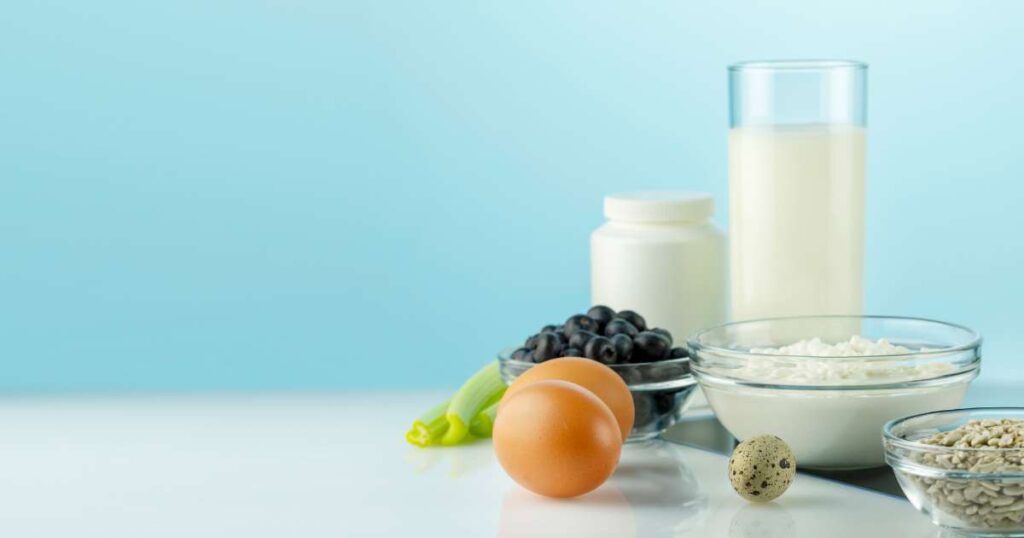
One of the primary functions of Vitamin D is its role in supporting bone health. It facilitates the absorption of calcium from the intestines into the bloodstream, ensuring that an adequate amount of calcium is available for building and maintaining strong bones and teeth. Without sufficient Vitamin D, calcium absorption may be compromised, leading to weakened bones and an increased risk of fractures.
2. Immune System Support
Vitamin D is also known for its immune-modulating effects, playing a vital role in bolstering the immune system. It helps regulate the function of immune cells, including T cells and macrophages, which are essential for fighting off infections and illnesses. Adequate levels of Vitamin D have been associated with a reduced risk of respiratory infections, autoimmune diseases, and other immune-related disorders.
3. Mood Regulation
Emerging research suggests a potential link between Vitamin D levels and mood regulation. Some studies indicate that Vitamin D may play a role in the synthesis of neurotransmitters like serotonin, often referred to as the “feel-good” hormone. Low levels of Vitamin D have been associated with an increased risk of mood disorders such as depression and seasonal affective disorder (SAD). While more research is needed to fully understand this connection, maintaining optimal Vitamin D levels may contribute to improved mood and overall mental well-being.
11 Vitamin D Rich Foods To Add To Your Diet
Now, let’s explore the top 11 Vitamin D-rich foods you should consider adding to your diet.
1. Fatty Fish
Salmon, mackerel, and sardines are excellent sources of Vitamin D, providing up to 570 IU in a 3.5-ounce serving of cooked salmon. Combining these fatty fish into your diet offers a flavorful meal and a significant boost to your Vitamin D intake, which is crucial for bone health and overall well-being.
2. Egg Yolks
Egg yolks, which have about 37 IU of vitamin D per large yolk, are a convenient and useful way to get vitamin D that is often ignored. Adding egg yolks to your meals is a healthy way to get the vitamin D your body needs, which helps keep your bones healthy, your immune system strong, and your mood stable.
3. Cheese
Swiss and cheddar cheese don’t have a lot of Vitamin D, but they do have some of this vital vitamin. Cheese adds flavor and texture to your food and helps you get the daily recommended amount of vitamin D, which is good for your bones and general health.
4. Fortified Dairy Products
Dairy products like milk, yogurt, and orange juice are often fortified with Vitamin D to enhance their nutritional value. Checking product labels ensures you’re selecting fortified versions, providing a convenient and accessible way to meet your Vitamin D needs and support bone health.
5. Mushrooms
Certain types of mushrooms, such as shiitake and maitake, naturally contain Vitamin D. Adding these mushrooms to your meals not only imparts a unique flavor but also offers a plant-based source of Vitamin D, contributing to bone health and overall well-being.
6. Cod Liver Oil
One tablespoon of cod liver oil has over 1,300 IU of vitamin D, making it a very good form of the vitamin. Adding cod liver oil to your diet gives you a concentrated dose of vitamin D, which is good for your bones, immune system, and general health.
7. Tofu
Fortified tofu is a valuable source of Vitamin D for vegetarians and vegans, offering a convenient way to meet their nutritional needs. Including tofu in your meals provides a plant-based source of Vitamin D, supporting bone health, immune function, and overall well-being.
8. Beef Liver
Beef liver is an excellent source of Vitamin D, offering approximately 49 IU per 3.5-ounce serving. While not as commonly consumed as other foods, incorporating beef liver into your diet provides a nutrient-rich option that supports bone health and overall well-being.
9. Fortified Cereals
Breakfast cereals fortified with Vitamin D offer a convenient and accessible way to increase your daily intake of this essential nutrient. Starting your day with fortified cereals ensures you’re supporting your body’s Vitamin D needs, contributing to bone health and overall well-being.
10. Yogurt
Yogurt is not only a delicious and probiotic-rich food but also a source of Vitamin D, especially when fortified. Including yogurt in your meals provides a convenient way to support your body’s Vitamin D needs, contributing to bone health and overall well-being.
11. Spinach
Spinach does have some Vitamin D in it, but not as much as some other foods. It still helps you get the daily recommended amount of this important vitamin. Adding spinach to your meals makes them healthier and helps your body get the vitamin D it needs, which is good for your bones and general health.
How Much Vitamin D Do You Need?
Several things, like age, sex, and health state, need to be taken into account when figuring out the right amount of vitamin D for each person.
Factors Influencing Vitamin D Requirements
The daily suggested amount of vitamin D depends on age, gender, eating habits, time spent in the sun, and any underlying health problems. Adults usually need between 600 and 800 IU per day. Still, each person’s needs may differ because of things like dietary tastes, health conditions that make it hard to absorb vitamin D, and changes in metabolism that come with aging.
Talking to a doctor or nurse is essential to understand your Vitamin D needs accurately. They can look at your general health, lifestyle factors, and possible risk factors to make recommendations specific to your needs.
Adding Vitamin D-rich foods to your diet and, if needed, taking supplements under the supervision of a medical professional can help you get the daily Vitamin D you need and improve your health and well-being.
Conclusion
Adding vitamin D-rich foods to your diet is an easy and effective way to ensure you get enough of this vital nutrient daily. The food options are varied enough to fit everyone’s tastes and habits, whether they like fish, dairy, or plant-based foods. Also, don’t forget how important it is to get some sun whenever you can; it’s still one of the best natural ways to get Vitamin D. You can easily keep your Vitamin D levels at a healthy level for your general health and well-being by being aware of what you eat and how you live.
Now that you know about these 11 Vitamin D rich foods, take a step towards better health by including them in your meals.
Frequently Asked Questions (FAQs)
Can I get enough Vitamin D from sunlight alone?
While not a direct cause of hair loss, severe and prolonged Vitamin D deficiency can contribute to hair problems indirectly by affecting overall health.
Can a Vitamin D deficiency lead to hair loss?
Excessive Vitamin D intake can lead to toxicity, causing symptoms like nausea, vomiting, and weakness. It’s essential to stay within the recommended daily limits.
Are there Vitamin D supplements available?
Yes, Vitamin D supplements are available over-the-counter. However, it’s best to consult with a healthcare provider before starting any supplementation.
How much Vitamin D do women need daily?
The recommended daily intake of Vitamin D for women varies, but generally, adults need around 600–800 IU per day. However, specific requirements can depend on factors like age, pregnancy, and overall health.
What are the common symptoms of Vitamin D deficiency?
Common symptoms include fatigue, muscle weakness, bone pain, mood changes, and frequent illnesses.



